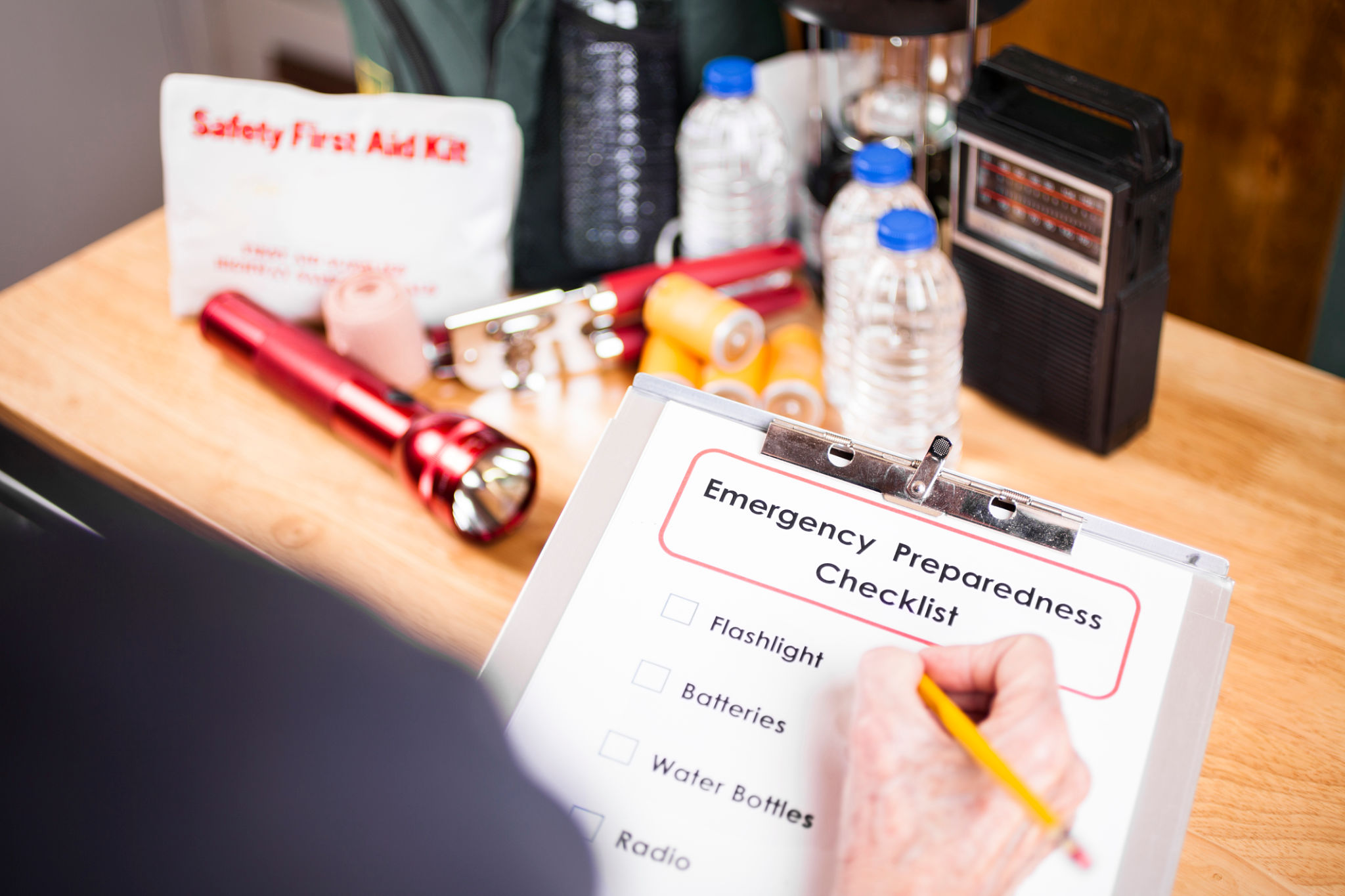Preparing Your Home for Hurricane Season: A Jacksonville Homeowner's Checklist
Understanding the Risks
As a Jacksonville homeowner, preparing for hurricane season is crucial to safeguarding your property and family. Located along Florida's northeast coast, Jacksonville is susceptible to hurricanes from June to November. Understanding these risks can help you take proactive measures to protect your home and loved ones.

Inspect and Fortify Your Home
Check Your Roof and Gutters
Your roof is your home’s first line of defense against a hurricane. Inspect for any loose or damaged shingles and make necessary repairs. Clean gutters and downspouts to ensure proper drainage, which can prevent water damage during heavy rains.
Secure Windows and Doors
Install storm shutters or reinforce existing ones to protect windows from flying debris. Ensure all doors, including garage doors, have robust locks and can withstand high winds. Consider investing in impact-resistant windows for added security.

Prepare Your Yard
Trim Trees and Shrubs
Overgrown trees and shrubs can become hazardous projectiles during a hurricane. Regularly trim branches, especially those close to your home, to minimize potential damage. Dispose of loose branches and debris that could be picked up by strong winds.
Secure Outdoor Items
Bring in or secure outdoor furniture, grills, and garden tools. These items can cause significant damage if swept up by strong winds. Use anchors or weights to stabilize larger objects that cannot be moved indoors.

Assemble an Emergency Kit
An emergency kit is essential for every household. Your kit should include:
- Non-perishable food and water for at least three days
- A flashlight with extra batteries
- A first-aid kit
- Important documents in a waterproof container
- Medications and personal hygiene items
Create a Family Evacuation Plan
Develop a clear evacuation plan for your family. Identify evacuation routes and establish a meeting point in case you get separated. Keep a map handy and ensure each family member knows the plan. Practice your evacuation plan regularly to ensure everyone is familiar with the procedure.

Stay Informed
Stay updated on weather conditions through reliable sources such as the National Weather Service or local news stations. Sign up for emergency alerts on your phone to receive real-time updates. Understanding the storm's path and potential impact will help you make informed decisions.
Review Your Insurance Coverage
Contact your insurance provider to review your current coverage. Ensure your policy covers hurricane-related damage, including wind and flood damage. Consider purchasing additional flood insurance if you live in a high-risk area.
